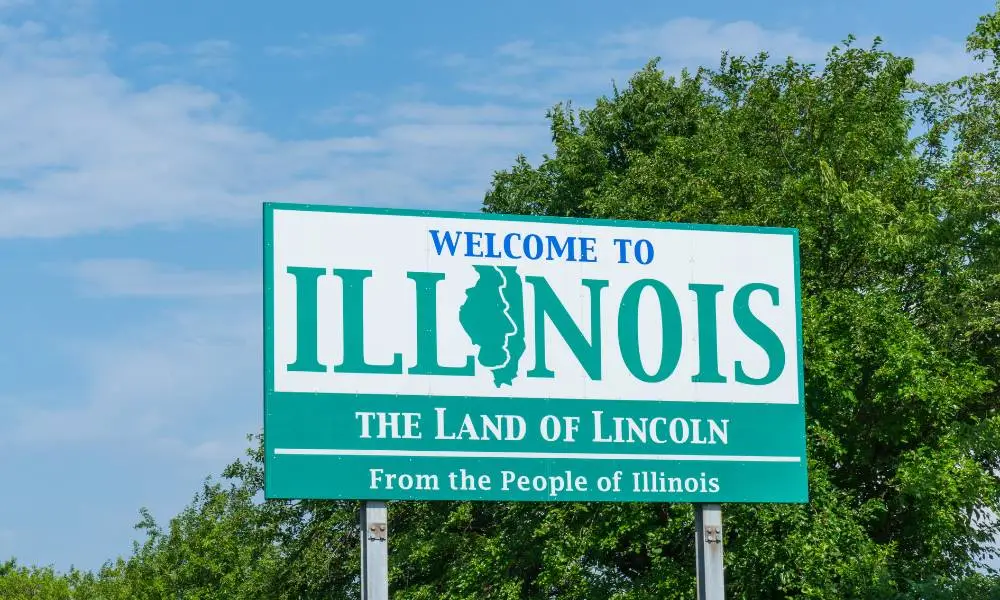Moving to a new state can be an exciting and challenging adventure, and Illinois, with its diverse cities, rich history, and vibrant culture, offers a unique experience for newcomers. Once you’ve made the move to Illinois, there are several essential steps to take to settle in and make the most of your new life in the Land of Lincoln.

Update Your Legal Residency
Upon moving to Illinois, one of the first things you should do is establish legal residency. This involves updating your driver’s license, vehicle registration, and voter registration. Visit the nearest Illinois Secretary of State’s office to obtain an Illinois driver’s license and update your vehicle registration. Ensure your voter registration is current to participate in local and national elections.
Familiarize Yourself with Local Services
Explore your local area to familiarize yourself with essential services. Locate the nearest hospitals, pharmacies, grocery stores, post offices, and public transportation hubs. Understanding the layout of your new neighborhood and the availability of services will make your day-to-day life more convenient.
Set Up Utilities and Services
Arrange for utilities such as electricity, water, gas, internet, cable, and waste management services. Research various providers and choose plans that suit your needs and budget. Setting up utilities promptly ensures that your new home is comfortable and functional. As you are now based in Illinois, you have the opportunity to select which of the electric companies available to go with that works best for your financial situation.
Explore Healthcare Options
Find a local healthcare provider, such as a family doctor, dentist, and optometrist. Research nearby hospitals and urgent care centers in case of medical emergencies. Familiarize yourself with your health insurance coverage and ensure that it is accepted by local healthcare providers.
Enroll Children in Schools
If you have school-aged children, you’ll need to carry out several vital steps, including researching local schools and enrolling them in the appropriate educational institutions. Visit potential schools, meet with teachers and administrators, and gather essential information about the school calendar, extracurricular activities, and transportation options.
Connect with the Community
Engage with your new community to establish social connections and feel more at home. Attend local events, join clubs or community organizations, and participate in neighborhood activities. Building a sense of community fosters a feeling of belonging and makes the adjustment to your new surroundings smoother.
Also Read: Tips on Booking Home Air Conditioning Repairs in Quincy, Illinois
Explore Local Culture and Attractions
Illinois offers a rich cultural tapestry, including museums, art galleries, theaters, historic sites, and diverse culinary experiences. Take the time to explore the local attractions in your city or nearby areas. Visit museums, attend live performances, explore parks, and savor local cuisine. Embracing the cultural offerings of your new home enhances your overall experience and helps you feel connected to the community.
Be Prepared for Weather Changes
Illinois experiences distinct seasons, including hot summers and cold winters. Prepare your wardrobe accordingly, investing in both lightweight and warm clothing. Additionally, be aware of weather alerts and safety protocols, especially during severe weather conditions.
Understand Public Transportation
If you’re in a city with public transportation, familiarize yourself with the local transit system. Learn about bus routes, train schedules, and payment methods. Public transportation can be a convenient and eco-friendly way to navigate the city.
Update Legal and Financial Information
Update your legal and financial documents with your new Illinois address. Inform your bank, credit card companies, and insurance providers about your relocation. Update your mailing address with the United States Postal Service to ensure that your mail is forwarded to your new home.